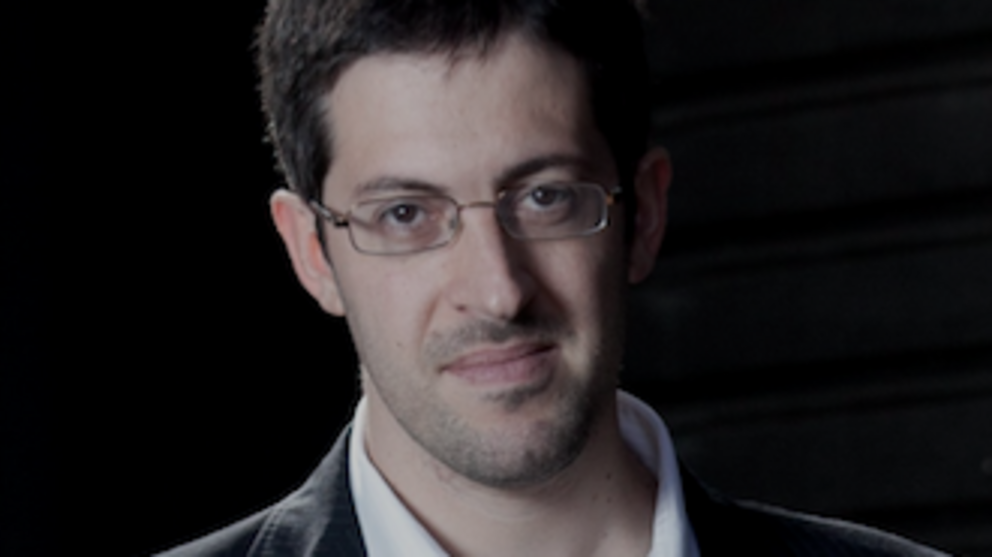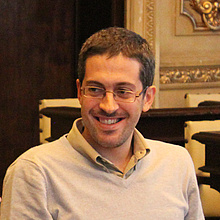

Contact
Press, Communications and Marketing
Tel.: +49 228 833-144
Fax: +49 228 833-441
presse[at]avh.de
Humboldt Foundation: Professor Hübner Mendes, why is the chief public prosecutor taking action against you?
Hübner Mendes: In my column in the daily newspaper Folha de S. Paulo I claimed that Prosecutor General Aras acts as the president’s henchman rather than in society’s interest. In point of fact, he must apply the law and examine whether President Bolsonaro can be held accountable for his partial responsibility for the course of the covid crisis in Brazil. In my opinion, Aras has been grossly violating his official duties.
The current prosecutor general Augusto Aras was appointed by Bolsonaro because they have similar ideological standpoints. Since then, Aras, despite having a 2 year tenure and being independent, has represented the president’s interests rather than society’s interests and does everything he can to protect the president from criminal prosecution.
What do you fear now?
I’ve been accused of defaming the prosecutor general. I am now under both a criminal trial and an ethical complaint at my university’s ethics commission. This is meant to intimidate and silence me. However, I am experiencing a lot of solidarity and public support from colleagues, the academic community and civil society in general. Three thousand people have signed a petition appealing to the rector of the university to stop the case before it reaches the ethics commission and to close it as quickly as possible since it is completely unfounded. The case has been in abeyance for more than a month now. There’s a method to this.
What do you mean by that?
Critics of the Bolsanaro system are to be systematically silenced. I'm not the only one to experience this type of treatment. This is more than just an isolated case. In recent months, many critical academics and journalists have found that they are to be intimidated by lawsuits and pending litigation. At worst, I’m at threat of being punished both by the university and by a criminal judge; even if this seems unlikely at this moment, I pay a price. Being accused is nerve-racking. Defending myself is time-consuming. At play here is a tactic of attrition. When critics are accused of defamation and are showered with lawsuits, it takes steadfastness not to give up. This is how self-censorship is brought about. Winning the case is the least important in the intimidating strategy. Silencing the critics, despite losing the case, is the main victory.
In a case study for the 2020 Academic Freedom Index, you describe how academic and scientific freedom is being undermined in Brazil. What do you see besides the legal campaigns against government critics?
Freedom of speech, academic and scientific freedom and the autonomy of universities are guaranteed by our constitution. Our society has become increasingly divided in recent years. Bolsonaro has filled crucial posts in our constitutional organs and is eroding central public policies mandated by the constitution. Academics who are critical of the government get into trouble at their universities. The mood is becoming increasingly hostile, budgets are being cut, jobs are being axed, funds are being frozen. Critics are being showered with lawsuits. Political discussions are being prohibited by judicial order and certain groups – both academic and non-academic – are defaming universities as hotbeds of leftist activity and are calling for greater control over curricula and lectures.
You have already spoken of the political elite’s failure in combatting the pandemic. Will the general public take a stand against Bolsonaro?
My country is deeply divided. Yes, there has been endless suffering and more than 450,000 deaths. Despite this, it can be assumed that approximately 30 percent of all voters support Bolsonaro and this support remains resilient. The situation is comparable to the situation prior to the election in the USA. And next year, when Bolsonaro will run for reelection, will be the most dangerous and conflituous period in Brazilian recent history. He's already made clear that he won't take an electoral defeat. The president’s rhetoric and mobilization apparatus still works. It is precisely for this reason that it is important to continue pointing out where he and his followers are undermining and eroding Brazil’s democratic constitution.

Prof. Dr Dr Conrado Hübner Mendes is the author of the textbook Constitutional Courts and Deliberative Democracy from the Oxford Constitutional Theory series. He is a professor of constitutional law at Universidade de Sao Paulo (USP) and regularly writes a column for the daily newspaper Folha de S. Paulo. A Georg Forster Research Fellowship brought him to the Humboldt-Universität zu Berlin and to the Berlin Social Science Center (WZB) as a guest researcher. He also served as an Ambassador Scientist for the Humboldt Foundation in Brazil until 2020.
